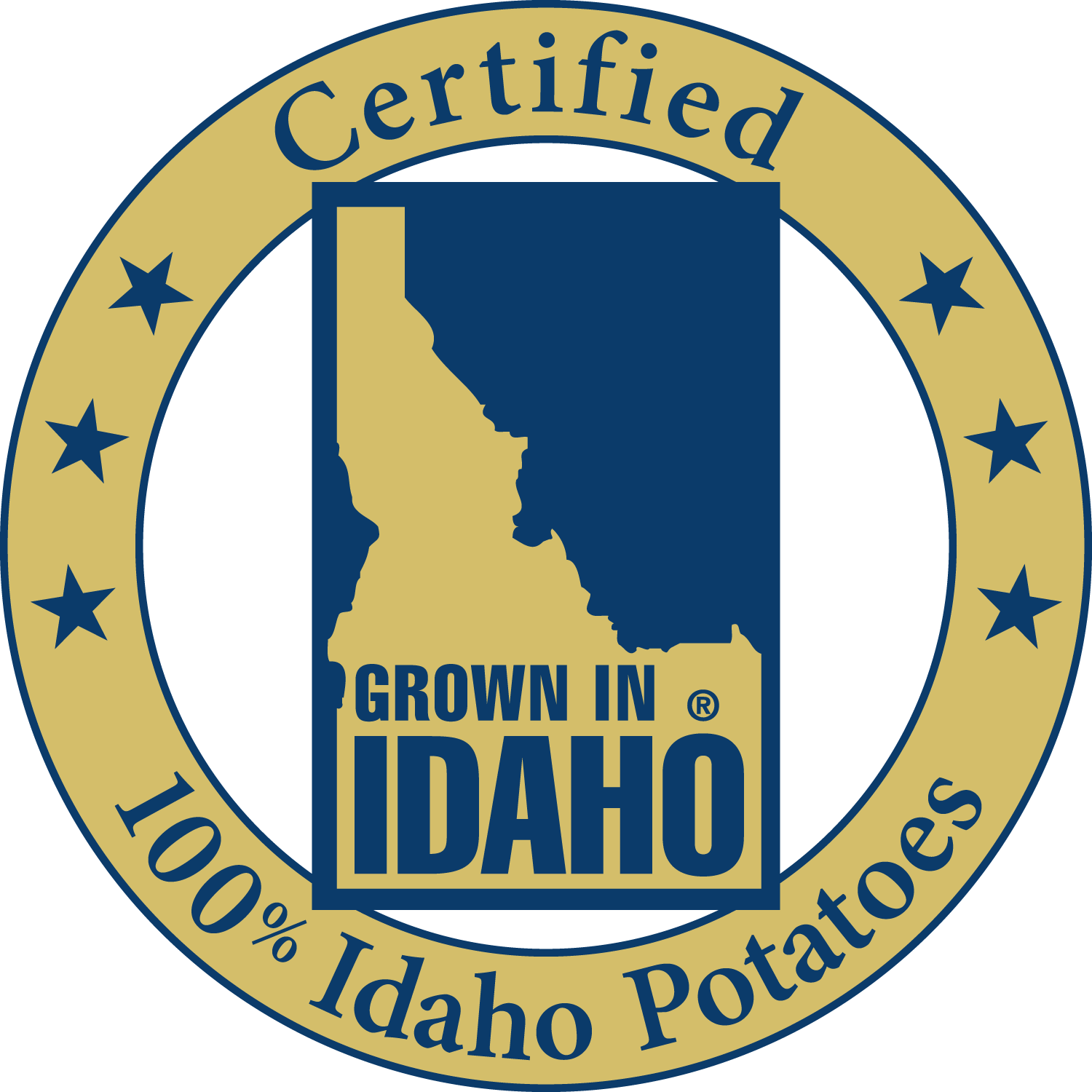Interesting and unique question. The short answer to this question is – no.
Just like storing potatoes at home, potatoes are best kept cool-but not cold. Around 45-55°F is ideal. When potatoes are held in too cold of storage for too long of a period, this can convert potato starches to sugar, which adversely affects the cooking chemistry. The good news is that this process can be reversed (called reconditioning) in most cases by placing the potatoes into an ambient (room temperature) area for one to two weeks to allow the sugars to ‘burn’ off within the potatoes, and re-testing (see testing and storage info attached).
However, I checked with Dr. Nora Olsen on this for more specifics. Dr. Olsen works at the University of Idaho as Professor and Extension Potato Scientist. She confirmed that sweetening can occur (accumulation of sugars) and is variety dependent and can occur at various temperatures (typically below 41°F). Cold Induced Sweetening (CIS) is term used more often by potato breeders, identifying if potatoes can withstand slightly colder temperatures and not increase tremendously in sugar concentrations. Two main points: CIS is definitely not done intentionally; and is inherent to the variety.


